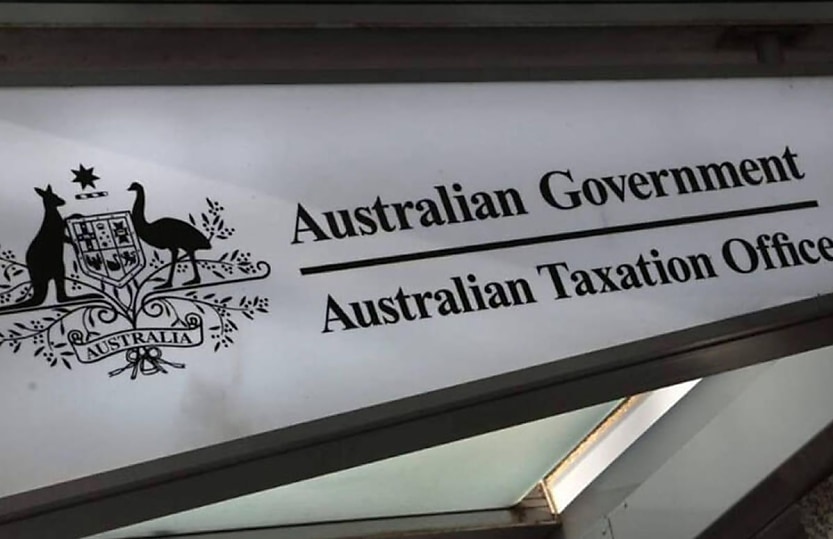ATO taking stricter line on payment plans, businesses warned

The ATO is now taking a stringent stance in relation to payment plans for tax debts, shortening the time frames for payment and taking almost immediate action where payments are missed, a PwC director cautions.
Many businesses are seeing an increased level of activity by the ATO for outstanding lodgements and debt collection with the ATO determined to claw back the $50.2 billion in collectable debt owed by small businesses, according to a specialist in business restructuring and corporate insolvency at PwC, Chris Sequeira.
The ATO recently warned in its Annual Report for 2022–23 that where businesses and taxpayers refused to work with the ATO, the Tax Office would be taking “strong and deliberate action” as it increased its activities across debt collection.
Mr Sequeira said while the ATO took a relatively relaxed approach with payment plans for the payment of tax debts during the COVID period, this is one area where the ATO is now taking a far stricter stance.
Before COVID-19 the ATO would typically agree to a 12-month payment plan, a lump sum as the first part of payments, which was supported by financials, he said speaking at the Tax Institute National GST Conference.
“During COVID, clients were able to get payment plans over two or three years with no upfront payment payment or supporting financials.”
However, Mr Sequeira said this all changed in December last year.
“They’ve returned to the 12-month payment arrangements from before COVID, and in the past month or two they’ve gone back to wanting upfront payments, sometimes as much as 50 per cent of the outstanding debt,” he stated.
“Any 12-month payment plan also needs to be supported by cashflow projections. So the ATO is becoming a lot more stringent with payment plans.”
The Tax Office is also becoming less lenient where a business or taxpayer misses a payment or defaults on a payment plan, he warned.
“In the past month or so, where you’ve missed a payment, the ATO will issue a cancellation of the payment arrangement,” said Mr Sequeira.
“So accountants and their clients are receiving letters that say that their business payment arrangement is cancelled. In the past month, we’ve seen that letter go out which has been followed by a creditor’s statutory demand to start the winding up process against organisations. So the ATO is becoming very aggressive in that regard.”
Mr Sequeira said a Creditor’s statutory demand or Bankruptcy notice is a formal written demand served on either an organisation or individual, seeking the repayment of a debt amount within 21 days of service of the demand.
At the 21-day expiration of the statutory demand or bankruptcy notice, a creditor can take steps to file a winding-up application against an organisation, or a bankruptcy petition against an individual, provided that there is no genuine dispute regarding the debt claimed, or that there is no set-off claim against the debt claimed.
It is therefore vital that where a payment plan has been agreed upon, directors are careful to ensure that any payments under the plan are made quickly, said Mr Sequeira.
Where businesses are facing issues with their cash flow and find themselves unable to pay their debts, Mr Sequeira said they should carefully consider the implications of non-payment in light of the director penalty notice (DPN) regime.
“Non-payment of GST liabilities from period to period, [for example] without the debts being paid down, are quickly detected by the ATO,” he said.
It is also important that businesses continue to lodge business activity statements, regardless of whether they can pay the debt promptly.
“As discussed earlier, where businesses fall behind on the lodgement of BASs by three months or more, the Commissioner can issue a lockdown DPN,” he said.
“As compared to a non-lockdown DPN, a lockdown DPN further restricts the options available to remit the penalty, notably, placing the business into administration does not result in remission of the penalty.”
A director receiving a lockdown DPN remains personally liable for payment of the penalty, and the only recourse available is the payment of the penalty in full.
“Even where the entity is placed in liquidation, the Commissioner will continue pursuing the director for the penalty,” said Mr Sequeira.
“However, where a business continues to lodge BASs, whilst struggling with the payment of their liabilities, it has more options at its disposal.”
About the author







